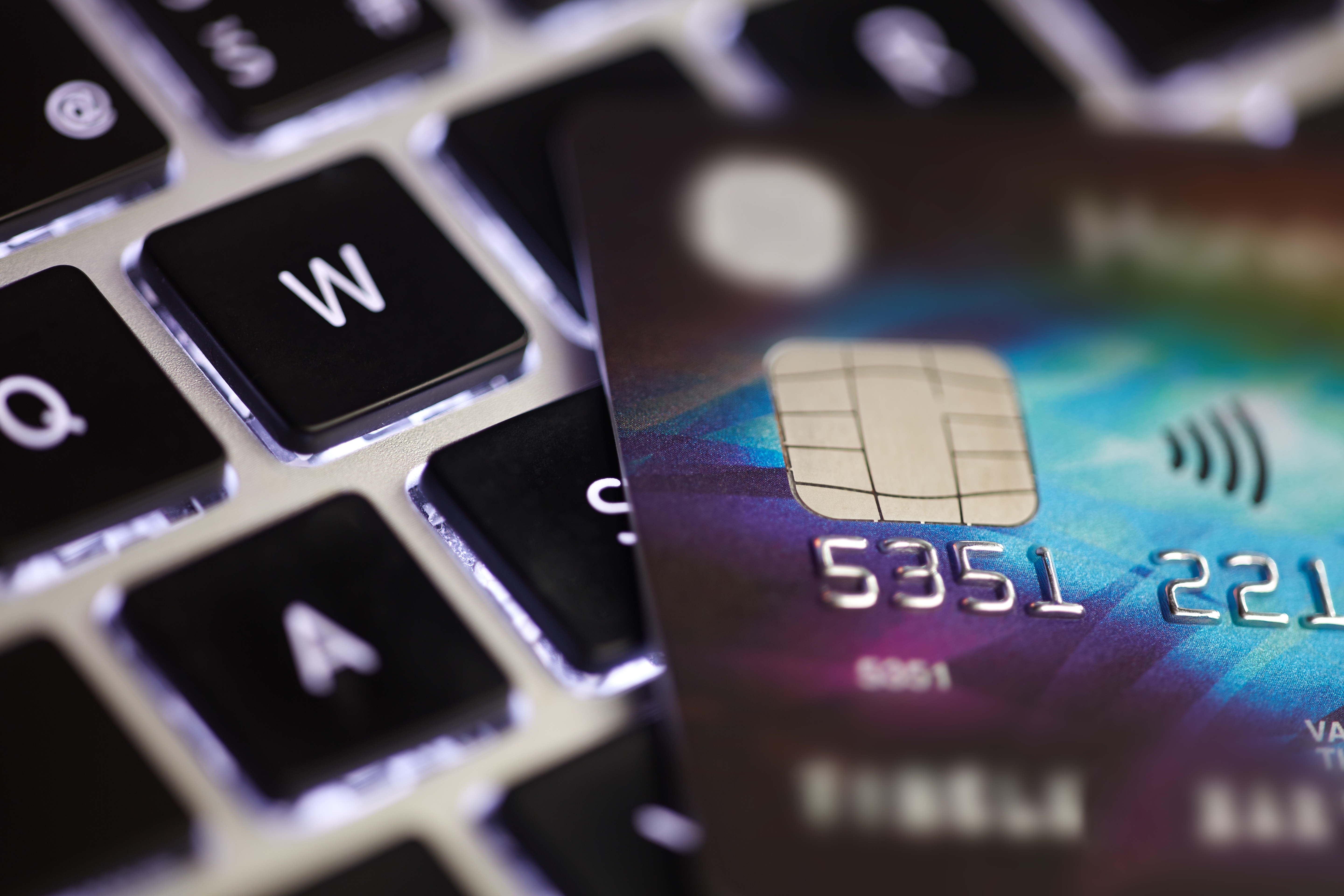Weighing the Safety and Security of Different Online Payment Methods
 More and more, members are reliant upon online shopping and payments, just as more and more hackers are targeting the sites where members shop. With the adoption of EMV (chip card) technology, face-to-face payment fraud has lessened. Conversely, digital transaction fraud and online card theft have increased. And while tools such as point-to-point encryption and tokenization are largely in place on e-commerce sites to safeguard buyers and merchants alike, it is important for consumers to be aware of where their data is most vulnerable. When shopping online, certain payment methods may be better than others, depending on the circumstances.
More and more, members are reliant upon online shopping and payments, just as more and more hackers are targeting the sites where members shop. With the adoption of EMV (chip card) technology, face-to-face payment fraud has lessened. Conversely, digital transaction fraud and online card theft have increased. And while tools such as point-to-point encryption and tokenization are largely in place on e-commerce sites to safeguard buyers and merchants alike, it is important for consumers to be aware of where their data is most vulnerable. When shopping online, certain payment methods may be better than others, depending on the circumstances.
Credit Cards
With limited liability, extensive safeguards and buyer protection guarantees, a credit card is usually the safest form of payment to use when online shopping. In addition to simple dispute processes (for example, if a good or service purchased online was not received), most issuing card companies monitor suspicious behavior and can alert members to suspicious activity. Additionally, since card payments do not automatically withdraw funds from your banking account, your liability is greatly lessened versus using debit cards.
With convenience often comes some inconvenience. While credit cards make automated subscription billing convenient, when a credit card is lost or stolen and a new number issued, the task of combing through your payment subscriptions and stored accounts to update the information can be daunting.
Debit Cards
No need to apply, pay fees, or worry about racking up debt with debit cards, as they pull directly from members' checking accounts. And while most debit cards limit liability (just as credit cards do), the fact that they directly draw from cash reserves does pose a greater risk. It is typically advised not to use debit cards for online transactions unless you are extremely vigilant about monitoring your accounts, and your credit union has the ability to setup alerts for account activity.
Payment Services
The best known payment services (PayPal, Apple Pay, Google Pay) work well for their convenience and wide spread acceptance at online retailers--even smaller retailers (think Etsy) who only offer these payment services since they are simple for both the merchant and the buyer. They certainly limit the number of sites where credit card information is stored, reducing possible exposure. And while third party payment services offer buyers protection, the dispute process sometimes is lengthier than with credit cards. For this reason, it is recommended to connect a PayPal account, or other service account, to a credit card rather than a debit card to protect your cash reserves during a dispute.



